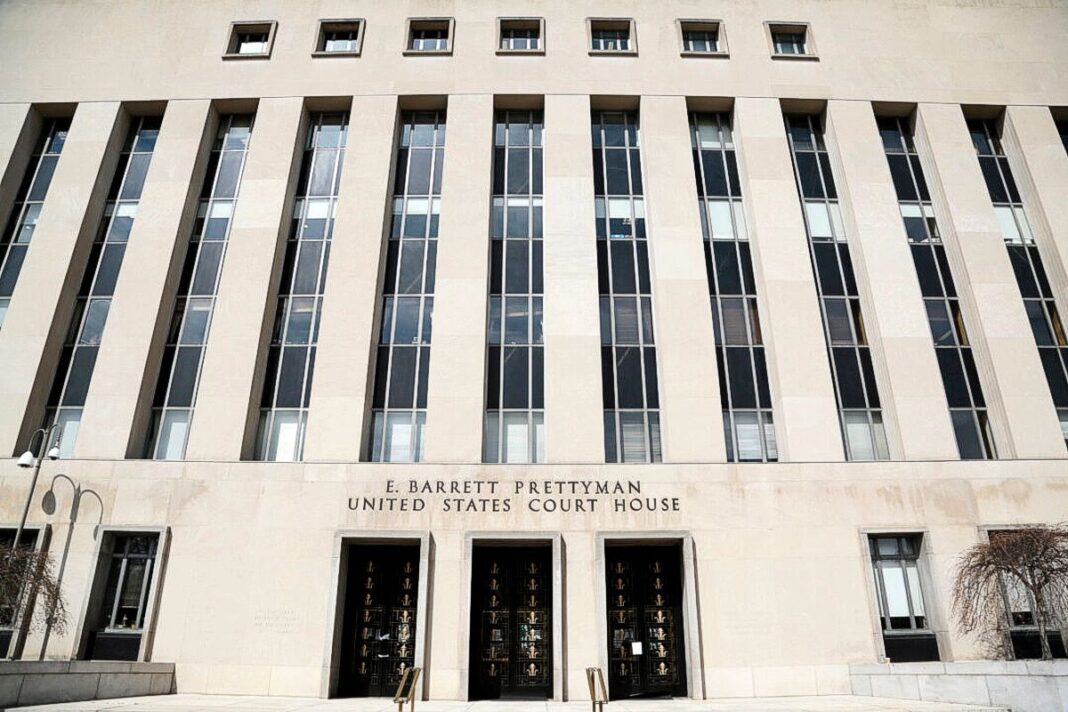President Donald Trump said on Wednesday that he loved the idea of sending DOGE savings back to American taxpayers in the form of checks.
The checks that the Trump administration suggested giving to American taxpayers in light of savings made from the Department of Government Efficiency’s (DOGE’s) scrutiny of federal spending will be legislated through a reconciliation bill, White House Deputy Chief of Staff Stephen Miller said on Feb. 20.
Earlier this week, businessman James Fishback first proposed sending 20 percent of the savings on federal spending generated by DOGE cuts directly to U.S. taxpayers. President Donald Trump said that he loved the idea, prompting a reporter to ask Miller during a Thursday White House press briefing when Americans might see those checks.
“It’s all going to be worked on through the reconciliation process with Congress that’s going underway right now,” Miller replied. “As you’ve seen, the Senate’s moving a bill, the House is moving a bill. The President has great confidence in both chambers to deliver on his priorities.”
Trump had said on Wednesday that another 20 percent of DOGE savings could be used to pay down the nation’s debt, with another 60 percent not yet allocated. Miller said on Thursday that the leftover 60 percent of DOGE savings would be “cycled into next year’s budget.”
“Then it just lowers the overall baseline for next year. So in other words, you can just transfer into the next fiscal window and then lower the overall spending level. And that means that you can achieve a permanent savings that way, and that reduces the deficit,” he said.
Both the House and Senate are working on budget plans to fund the president’s policy initiatives. Due to the Senate GOP’s minimal 53-seat majority, Republicans need at least seven Democrats to invoke “cloture” on a bill to limit debate and push the bill to a final vote, since the cloture rule requires a two-thirds majority to end a filibuster.
As an alternative, the Senate GOP can pass a “budget reconciliation,” which allows it to pass budget legislation concerning taxation, spending, and public borrowing with a simple majority, but reconciliation bills exclude pure policy moves such as changes to immigration laws.
The House and Senate must pass the same budget resolution, and Trump has already said he supports the House GOP’s plan to pass a single bill rather than the Senate’s two-bill plan.
By Jacob Burg






